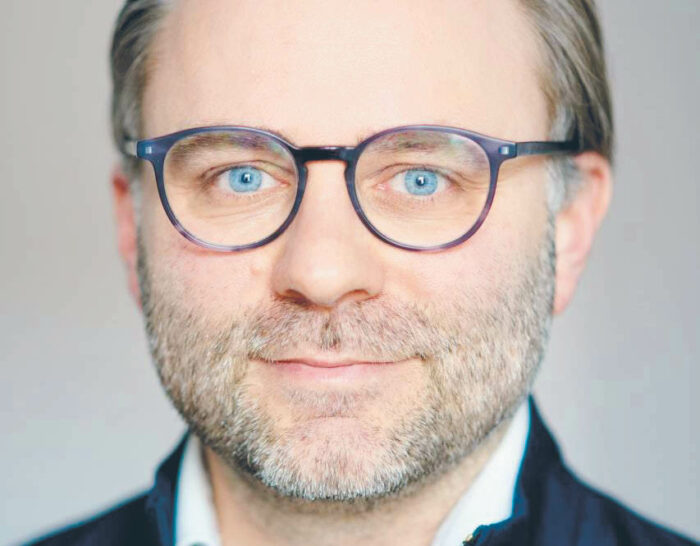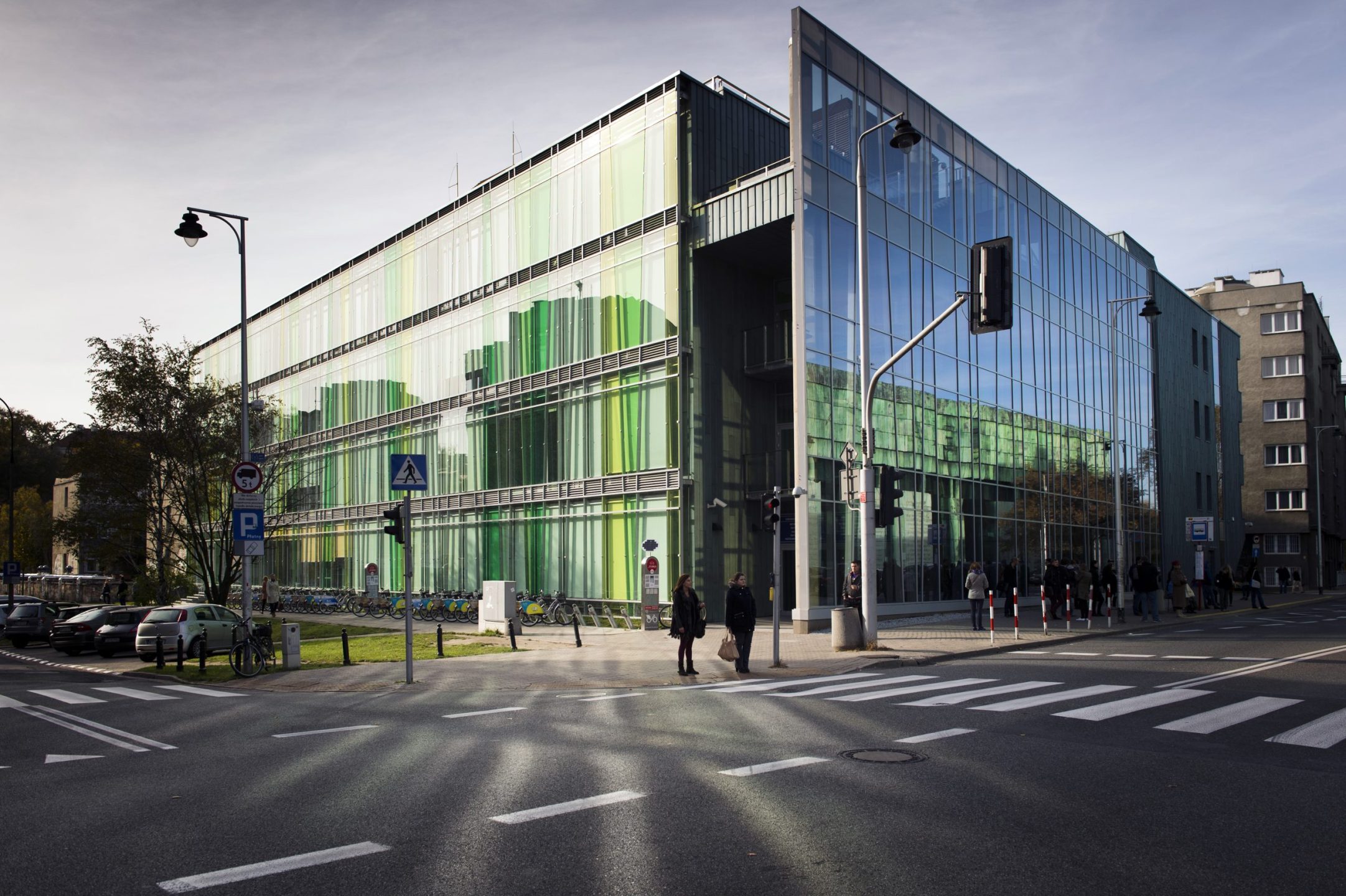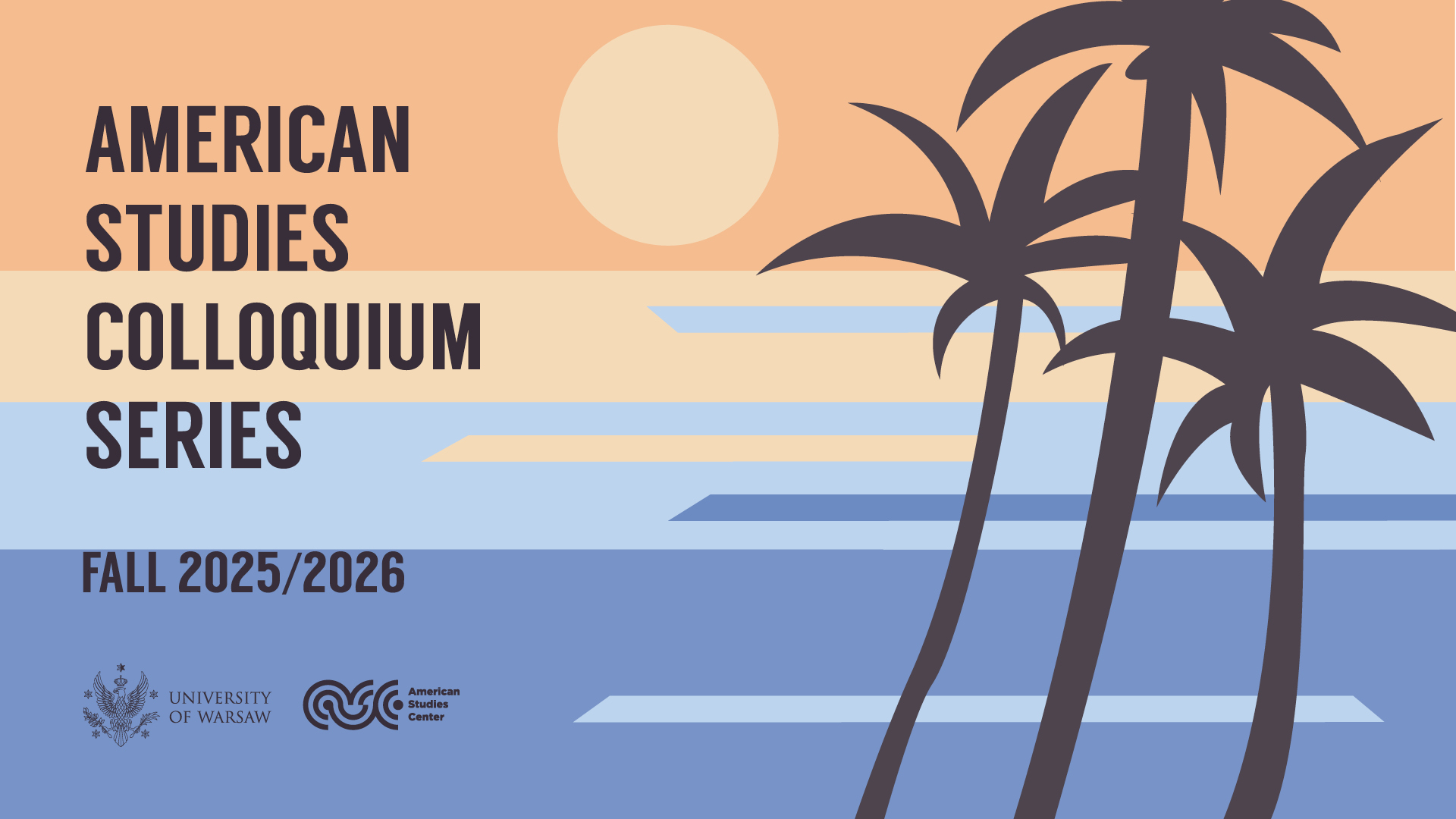We are pleased to announce an online lecture by
Kacper Pobłocki
(University of Warsaw)
The Rise and Fall of Atlantic Capitalism
This lecture is going to be a part of the
American Studies Colloquium Series.
Thursday, November 8 2018
at 4:00 p.m
Where?
American Studies Center, room 317,
al. Niepodległości 22, Warsaw.
What?
This lecture explains how work, space and money have become the pillars of capitalism – a system that is now becoming a thing of the past. This epoch-making event is an opportunity to raise a number of fundamental questions once again: Did the West invent modernity, democracy and urbanization? Or maybe it just appropriated them? Was capitalism created with the British Industrial Revolution or is it as old as humanity? At what point did the people living in the territory of modern Poland enter the current of global history? Was 1989 a real breakthrough and did Americans win the Cold War? Our instinctive answers to these kinds of questions usually lead us nowhere. Due to the fact that our attention has been focused on the West for a very long time, we have also been looking at ourselves through its prism. Therefore, this talk gives the audience another mirror in which they can look at themselves from a new, global perspective.

Who?
Kacper Pobłocki holds a PhD in Sociology and Social Anthropology from Central European University. He is also a graduate of University College Utrecht and was a visiting fellow at The Center for Place, Culture and Politics at CUNY (directed by David Harvey).
He published on urban movements, class and uneven development in East and Central Europe in a number of edited volumes and journals (e.g. in Critique of Anthropology or Polish Sociological Review). His dissertation “The Cunning of Class: Urbanization of Inequality in Post War Poland” won the Polish Prime Minister’s Award for Outstanding Dissertations. Actively involved in Polish and Central European urban activism from their very onset. He was the co-organizer of the first national Congress of Urban Movements in 2011 and he coauthored a legal manual for urban activists titled “A guide for the helpless: practicing the right to the city” (2013). Currently he is working on a book manuscript that will analyze the relationship between global economic shifts and trajectories of urbanization in Poland in a longue durée, comparative and non-occidental perspective. In 2017 he published “Kapitalizm. Krótka historia trwania”.




